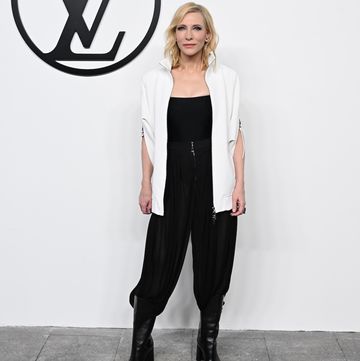On Monday evening a law was passed to ban underweight models from local advertising and also to require that all publications state when they have used altered images in their pages which make models appear thinner.
The law will require models to produce a recent and valid health report stating their Body Mass Index for every photo shoot conducted in Israel, with the report being no more than three months old. Israel shares similar statistics with many other developed countries, whereby an estimated 2% of all girls between the ages of 14 and 18 suffer from severe eating disorders - and in recent years the fashion industry has been seen as one of the primary agents in creating these statistics.
Though the law will not apply to foreign publications sold in Israel, there are hopes that the new legislation will have an impact. Israeli model agent Adi Barkan threw his support behind the project because he was disturbed at the diminishing body mass of models since he started out in the industry thirty years ago. "They look like dead girls," Barkan said.
However there are critics of the law, including top Israeli Model Adi Neumann, who says the focus should be not on the B.M.I of the girl but on her overall health. With a B.M.I of 18.3 the model will now be out of work in her own home country even though she eats and exercises well and is in good health. She believes that authorities should, "force actual tests. Make girls go to a doctor. Get a system to follow girls who are found to be puking."
Given that there are only about 300 professional models working in Israel at this time, the law may not have a substantial effect on the fashion industry, however it is one small step for model-kind.
See what fashion ads have been banned by the Advertising Standards Authority












